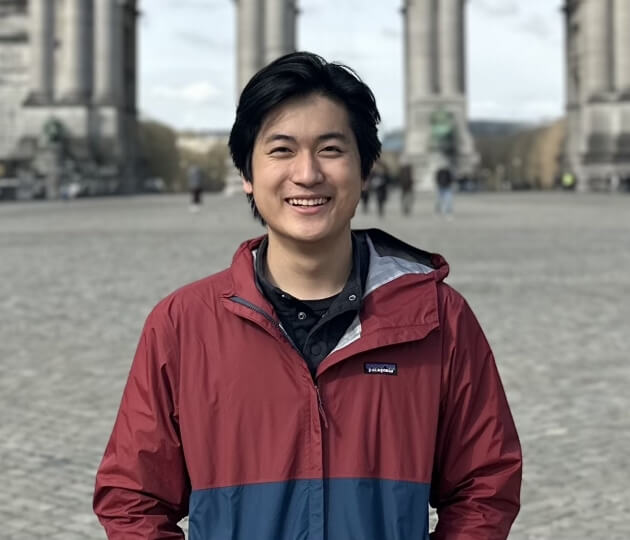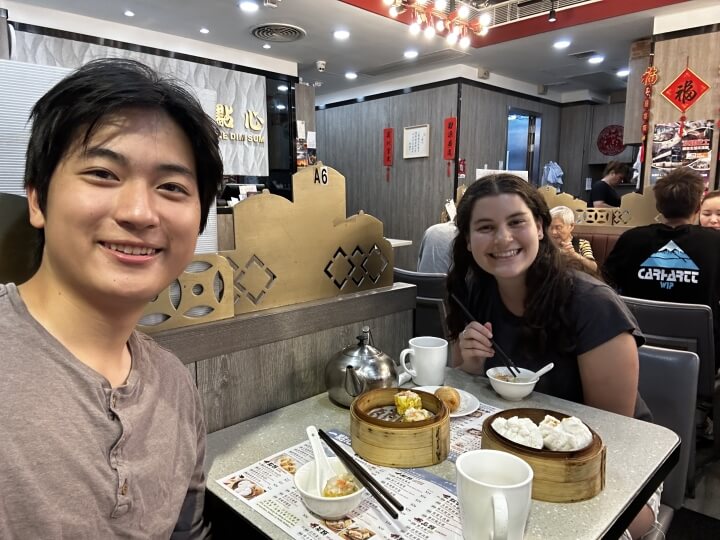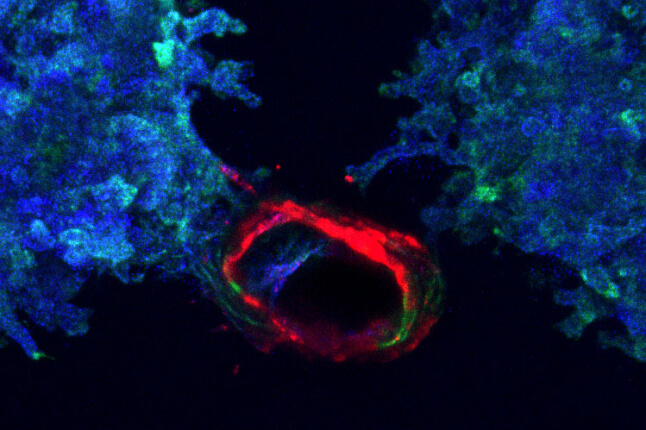News
Justin Xu
For Justin Xu, a third-year mechanical engineering concentrator at the Harvard John A. Paulson School of Engineering and Applied Sciences (SEAS), spending the summer working at the Harvard-China Project on Energy, Economy and Environment (known as the Harvard-China Project) gave him an opportunity to work with data on a large scale by studying the effect of climate change on global drought patterns at Hong Kong Baptist University. The project allowed him to explore a research area he’d never before pursued while learning new, broadly applicable computational skills.
“At Harvard, the extent that I’d looked at climate science was a General Education course I took on natural disasters,” Xu said. “Admittedly, going in I didn’t have that much experience in climate work, but what was more rewarding and valuable was the chance to work with that scale of data.”
Based at SEAS and founded in 1993, the Harvard-China Project works with partner institutions in China to study and design effective policy to address the global challenges of climate change, air quality, energy systems, and economic development.The Harvard-China Project includes researchers from SEAS and a number of other schools, including the Harvard Faculty of Arts and Sciences, Harvard T.H. Chan School of Public Health, Harvard Graduate School of Design, and Harvard John F. Kennedy School of Government.
Xu, who is pursuing a secondary in government, is part of the Harvard Model United Nations, and last summer was a legislative intern in the U.S. Senate. Both the research and political elements of the Harvard-China Project drew him to the program.
“For SEAS students, I know I’m not alone in having interests both inside and outside of engineering,” Xu said. “During the school year, SEAS students have a very intense and focused course schedule. During the summer, this program is a great opportunity to explore outside of purely technical realms.”
Xu split his time in Hong Kong between research in the lab and remote computation and frequently met with graduate and postdoctoral students working in the lab.
“Working with grad students was great, and I think Harvard prepared me well for the rigorous academic culture,” he said. “For engineering students specifically, it’s a really rewarding experience because it’s different. You get to interact with people across disciplines, which is always a great experience.”
Mechanical engineering concentrator Justin Xu eating with fellow Harvard-China Project student Julia Mansfield in Hong Kong
Xu grew up in Delaware and hadn’t visited his extended family in China in more than a decade. This was his first time living in Hong Kong.
“Hong Kong is such a dense city, and living here provided an entirely new perspective on how city life works,” he said. “I grew up in a suburb, but even if you grew up in Manhattan, you’d probably say the same thing about Hong Kong.”
Xu went into the summer with some computational skills acquired through computer science and applied math courses he’d already taken. His experience in the Harvard-China Project showed how useful those skills can be, even for students concentrating in other disciplines.
“Even if the courses SEAS students take don’t seem directly relevant, the general process of thinking about a challenge always is,” he said. “This type of engineering work is so broadly applicable across the world. It opened my mind to how interdisciplinary research areas in engineering, applied mathematics and applied sciences can be. Having an experience working with large batches of data is something you can do in mechanical engineering, climate science, and everything in between.”
Cutting-edge science delivered direct to your inbox.
Join the Harvard SEAS mailing list.



